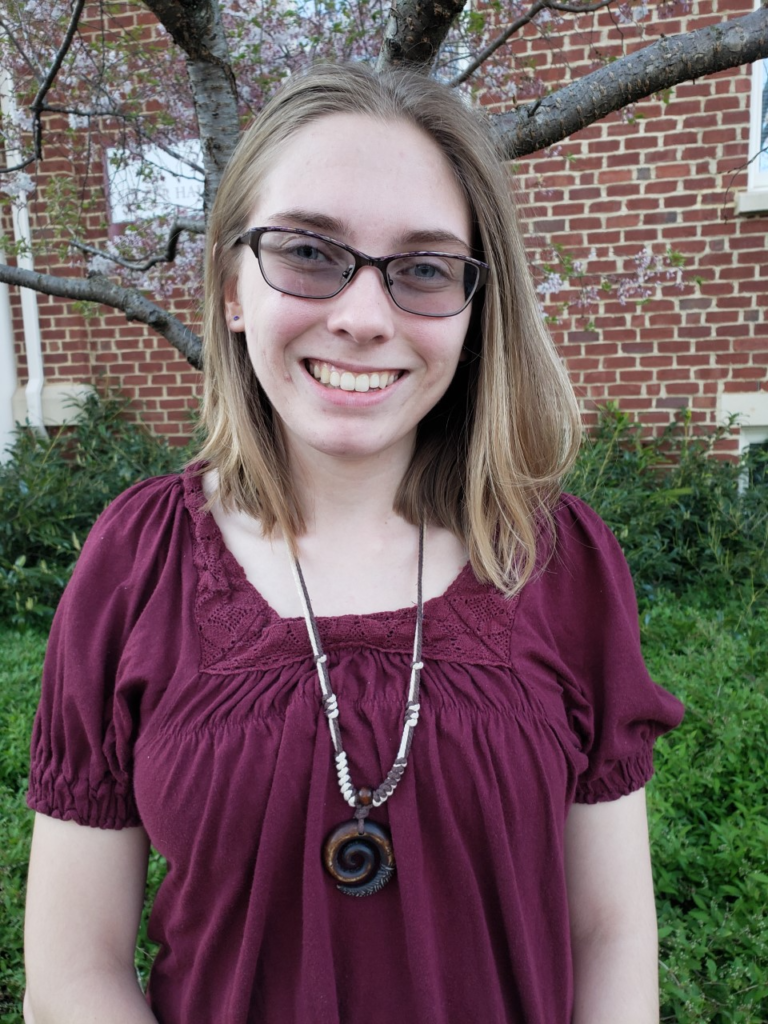I had the opportunity to talk to Stephanie Zemba a current junior at RC. Not only did she have the opportunity to conduct research in the summer, but she also presented her research at MARCUS (Mid-Atlantic Regional Conference of Undergraduate Scholarship). I asked Stephanie a few questions to get her insight about what her experience was like.

Can you describe what your research project is about?
I am doing a research project with Dr. Mehrotra that examines whether and how social isolation is experienced by older immigrants living in Southwest Virginia, an area with few large ethnic communities. In addition to exploring the factors that contribute to isolation and loneliness among this group, I was also interested in how they reduced loneliness. I conducted over 40 semi-structured interviews with immigrant elders this summer and fall. For MARCUS, I presented on the three primary ways that older immigrants described reducing their loneliness—maintaining strong family and friend relationships, becoming involved in a religious community, and continuing to practice their culture (cultural continuity).
What made you decide to pursue your topic?
The topic of immigration was brought up in my Global Perspectives on Family class (SOCI-329) and I was interested in learning more about it. My grandfather was an immigrant from Germany, which also contributed to my interest in immigration. In addition, I came across a news article about the growing problem of loneliness among older adults. I was talking about my ideas for potential research topics with Dr. Mehrotra and when I mentioned both these interests, she said, why not look at both? One of the first articles I found presented a seeming contradiction—late-life immigrants who came to join family members still experienced loneliness despite being embedded in a strong family network. Moreover, since so few researchers have actually focused on isolation among foreign-born elders, it was a promising area. Once I looked into it more, I was hooked!
Talk about the conference experience?
I think presenting at MARCUS was a great experience. I wouldn’t describe myself as much of a public speaker, so the idea of signing up to do a 12-minute presentation seemed really daunting at first. However, everyone I talked to said it would be a good way to become more comfortable with speaking in front of people, especially considering that I want to present at a regional sociology conference in April. I also plan to earn a PhD and become a sociology professor, so public speaking is definitely a key skill to build. Before the conference, Dr. Mehrotra and I met every 2 or 3 weeks so that I could become more comfortable with public speaking and get feedback about how to improve. Despite all this preparation, I was still nervous on the day of the actual presentation, but it went very well and I received a lot of interesting questions from the audience.
Why would someone be interested in presenting your findings at a conference?
Presenting at an smaller undergraduate conference like MARCUS is a great way to “get your feet wet” and practice for larger national or regional conferences. It’s also a good strategy for getting feedback on your work and exploring new directions for research, as audience questions can make you think about your findings in another way.